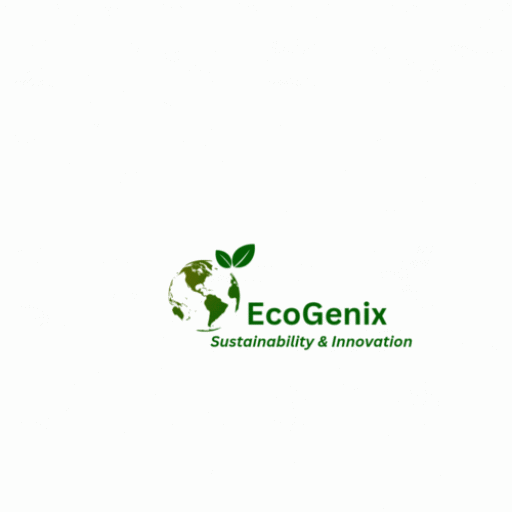Introduction
Livestock management and animal protein production play pivotal roles in global agriculture, providing essential resources for human sustenance, economic development, and overall food security. This article explores the intricate processes involved in livestock management and their significance in the production of animal protein.
I. Importance of Livestock in Agriculture
Livestock, including cattle, poultry, sheep, and goats, contribute significantly to the agricultural sector. They provide meat, milk, leather, wool, and other by-products, making them valuable assets for farmers worldwide. Livestock farming also generates employment opportunities and supports rural economies.
II. Livestock Breeds and Selection
Different livestock breeds have distinct characteristics suited for specific purposes. Selective breeding techniques are employed to enhance desirable traits, such as meat quality, milk production, and disease resistance. Genetic diversity within livestock populations is crucial for long-term sustainability.
III. Animal Nutrition and Feed Management
Proper nutrition is essential for the health and productivity of livestock. Balanced diets comprising grains, forages, vitamins, and minerals are formulated to meet the specific nutritional requirements of each animal species. Feed management practices are optimized to enhance feed efficiency and minimize environmental impact.
IV. Animal Health and Disease Management
Livestock health is paramount to ensure high-quality animal protein production. Vaccination programs, disease surveillance, and biosecurity measures are implemented to prevent and control diseases. Veterinary care, regular check-ups, and timely interventions are vital components of effective health management.
V. Sustainable Livestock Farming Practices
Sustainability in livestock farming involves responsible land use, conservation of natural resources, and reduction of greenhouse gas emissions. Implementing rotational grazing, optimizing waste management, and promoting agroforestry are strategies adopted to minimize the environmental footprint of livestock production.
VI. Technological Advancements in Livestock Management
Advancements in technology have revolutionized livestock management. Precision agriculture, IoT (Internet of Things) devices, and data analytics are used to monitor animal behavior, track health parameters, and optimize production processes. These innovations enhance efficiency, reduce costs, and improve overall farm management.
VII. Animal Protein Production and Global Food Security
Animal protein is a vital component of human diets, providing essential amino acids and micronutrients. Livestock products contribute significantly to meeting the protein needs of the growing global population. Efficient and sustainable animal protein production is crucial for ensuring food security and addressing malnutrition challenges.
VIII. Challenges and Future Outlook
Despite the importance of livestock management, the industry faces challenges such as disease outbreaks, climate change impacts, and ethical concerns related to animal welfare. Future developments may include advancements in cellular agriculture, alternative protein sources, and policy frameworks promoting sustainable farming practices.
Conclusion
Livestock management and animal protein production are integral components of agriculture, serving diverse purposes from food supply to economic development. Sustainable practices, technological innovations, and responsible policies are essential to meet the increasing demand for animal protein while safeguarding the environment and animal welfare. As the industry evolves, a balance between productivity, environmental conservation, and ethical considerations will be pivotal in shaping the future of livestock farming.
ARTICLE BY: WAYNE TOTA
Food Security and Climate Change
waynetota9@gmail.com
0601133196239
Visit for more articles:
https://sites.google.com/view/foodsecure-sustain-agriclimate/home.
